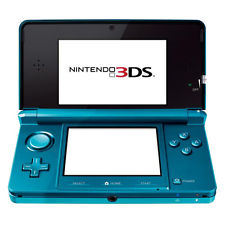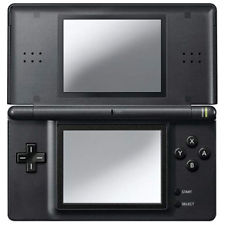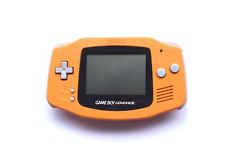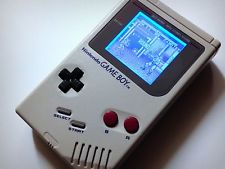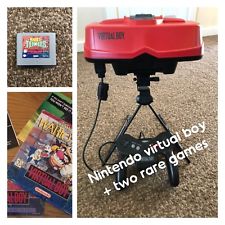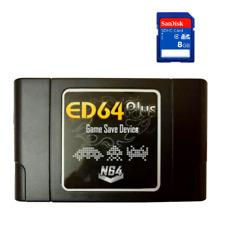Posted By: wraggster
11 years: that's how long it took Nintendo to top Super Mario 64 with Galaxy. For over a decade, this astonishing, genre-redefining game reigned supreme, towering above all its peers, an influence not only on every other 3D platformer but on every game with a three-dimensional world. How do you follow that?In 2002 Nintendo's answer was to send Mario on holiday - and fair enough, the guy probably deserved a bit of a break. The result was one of the most divisive Mario games ever, one that was swiftly consigned to a footnote in Nintendo's rich history: I've read many interviews with Miyamoto, Yoshiaki Koizumi and other Nintendo execs over the years, and Sunshine barely warrants a mention when the subject turns to the publisher's most famous creation.11 years: that's how long it's been since I first played Super Mario Sunshine for the first time. Times have changed, and Mario's moved on, but this curious anomaly still remains as dangerous and exciting as it seemed when I slotted that tiny disc into my GameCube and closed the lid with that gorgeous, satisfying clunk. Because, when it comes down to it, there's not really been anything quite like Sunshine since. The adorable Noki have only appeared in a handful of games since Sunshine, most notably a playable cameo in Mario Superstar Baseball, where they enjoyed a strong chemistry with Toadette.
The adorable Noki have only appeared in a handful of games since Sunshine, most notably a playable cameo in Mario Superstar Baseball, where they enjoyed a strong chemistry with Toadette.
Sunshine is defined as much by what it gets wrong as what it gets right. It's the rare Mario game where you find yourself remembering its bad bits. Every Mario has duff moments or forgettable stages, but they're quickly cast aside in favour of listing their brilliant touches - Dire Dire Docks' music, Buoy Base, the end of Slimy Spring Galaxy - whereas parts of Sunshine are so awful they're impossible to forget.The story is dire, its introduction interminable and embarrassing. The camera struggles terribly with the complex level geometry, most notably in the indoor stages, often resorting to representing Mario as a shadow behind scenery. The Shadow Mario chases are limp. Bowser. Piantas. Pachinko. Some of those can be explained - if not excused - by Nintendo rushing the final stages of development: it's since admitted it had to hurry Sunshine to market because of overwhelming demand and the lack of third-party titles to fill release gaps. And where have we heard that before?But that would be to ignore all Sunshine gets right. For starters, those void levels. Of the few debts Galaxy owes to its predecessor, the most significant comes in the moments when Mario's stripped of water pack FLUDD - more on which shortly - and forced to tackle increasingly difficult obstacle courses with nothing more than his own prodigious gymnastic abilities. It's a neat twist, of course, on that classic Metroid trick of allowing you to get used to extra powers before cruelly snatching them away.With Mario more skittish than he was in 64, a bundle of nervous energy wall-kicking up glass-fronted cases and sprinting over shifting sand platforms, there's a constant heart-in-mouth thrill to each of these secret stages, the impossibly jaunty music masking some of the steepest challenges Mario's ever faced - and all without the gravitational safety net he's often afforded in Galaxy. Each gap leads to nothing but an endless void, every hop, step and jump closer to the Shine sprite at the finish line upping the stakes. The platforming may not actually be that much tougher than before, but knowing that one slip is enough to send you spiralling into oblivion makes it all the more nerve-wracking.Then there's FLUDD. Perhaps, if Professor E.Gadd's much-maligned water pack had remained a silent partner like Luigi's Poltergust-3000 it wouldn't be quite so hated, but its frequent interjections - through a voice that suggests someone's flicked Steven Hawking's voice box to the 'Bart Simpson' setting - proved an obstacle too large for many to overcome. Pity, as FLUDD is a big part of what makes Sunshine special, expanding Mario's moveset and acting as a convenient safety net for any misjudgements.
http://www.eurogamer.net/articles/20...-retrospective
 NES
NES
 The adorable Noki have only appeared in a handful of games since Sunshine, most notably a playable cameo in Mario Superstar Baseball, where they enjoyed a strong chemistry with Toadette.
The adorable Noki have only appeared in a handful of games since Sunshine, most notably a playable cameo in Mario Superstar Baseball, where they enjoyed a strong chemistry with Toadette.




